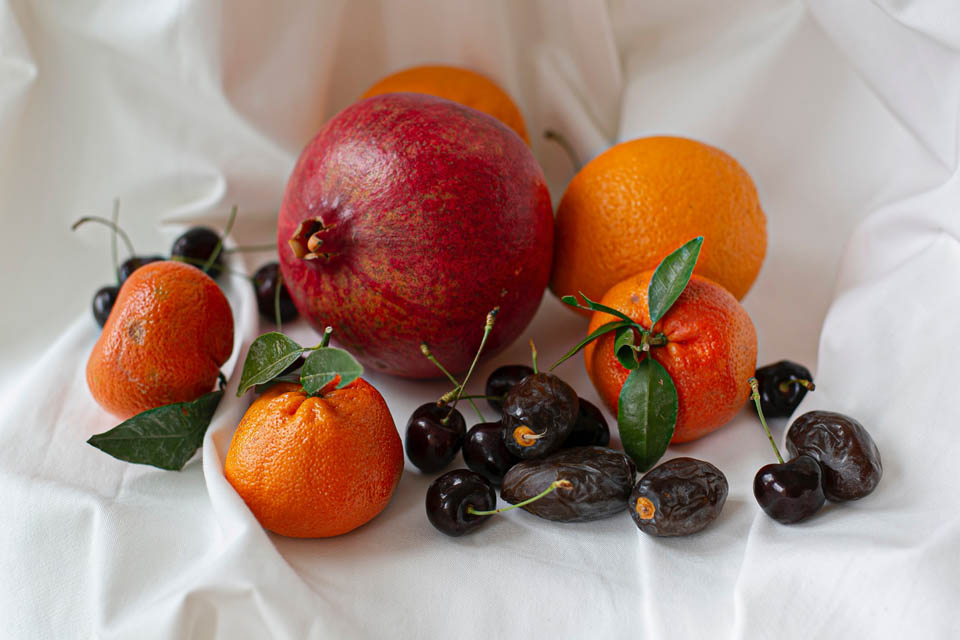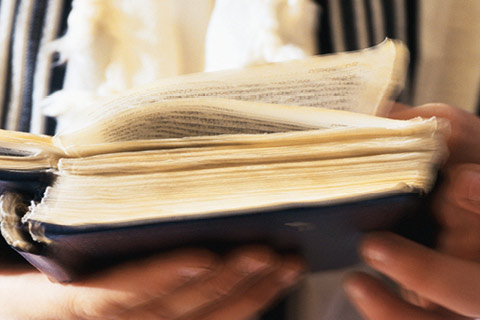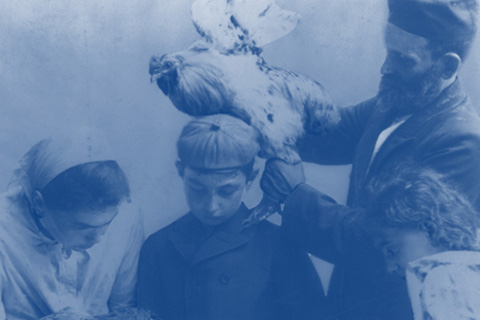What is Yom Kippur?
Yom Kippur is known as the Day of Atonement. Jews observe Yom Kippur with a 25-hour fast (this does not include children or those unable to fast for health/safety reasons) and religious services. It is the holiest day of the year in Judaism and focuses on atonement and repentance.
When is Yom Kippur in 2022?
Sundown on Tuesday, October 4, through sunset on Wednesday, October 5.
How do you greet someone for Yom Kippur?
Yom Kippur is a solemn, holy day of introspection and fasting.
- For someone who will be fasting, it's customary to say, "Have an easy fast."
- Congregants often extend a phrase, "G'mar chatima tovah," meaning "A good signing and sealing" in Hebrew. It is a reference to the idea that on Yom Kippur, God determines and seals a person's fate for the coming year.
- You can't go wrong wishing a friend or colleague a good and healthy new year, either in English or Hebrew, "Shanah Tovah."
How do Jews confess and repent on Yom Kippur?
In Hebrew, the word for repentance is teshuvah (pronounced tih-shoo-VAH), which means returning in Hebrew. Among many commentaries is one from Rabbi Kalmish Shapira, the rabbi of the Warsaw Ghetto in Poland in the early 1940s, who compared repentance to creativity, the idea that people repent to return to a better self, to who we are meant to be but have not yet become.
Jewish people ask forgiveness from people they may have wronged and from God. Repentance is achieved through prayer and a vow not to repeat past sins.
The Al Het ("For the Sin" in Hebrew) prayer, said multiple times on Yom Kippur, is a compendium of sins recited collectively by the congregation. It begins, "We have sinned against You [God] unwillingly and willingly, and we have sinned against You through hardening our hearts." While not all people have committed each sin, the prayer involves the community as a whole. Stanzas end with the poignant plea to God, "For all these [sins], God of forgiveness, forgive us, pardon us, and grant us atonement."
For more, see What Do Jews Mean by Repentance (Teshuvah)?
Why do Jews fast on Yom Kippur?
The Hebrew Bible states that on Yom Kippur, Jews should practice "self-denial." This has traditionally been interpreted to mean fasting.
How do Jews break the fast on Yom Kippur?
It's called a "break fast." Friends, family and fellow congregation members gather at the synagogue or home and share a meal. Traditional foods include bagels and lox, challah and honey cake. Jews of Moroccan descent sometimes serve mint tea, marzipan cookies, and fried pastries in sweet syrup. Jews in Latin America go for traditional regional dishes such as rice and beans and fried plantains.
Does fasting include not drinking water?
People who are fasting do not drink water. One exception is anyone who is healthy enough to be able to fast but needs water to take medications.
Do Jews have to fast if they are sick or have a health concern?
No. Under Jewish law, anyone with health concerns or who is ill or at health risk from fasting is instructed not to fast on Yom Kippur. This includes anyone who may need food or water for medication.
What is Kol Nidre (pronounced cawl-nid-RAY)?
A solemn evening service on the night before the day of Yom Kippur.
Kol Nidre means "all vows" in Aramaic. It features the Kol Nidre, a dramatic, Aramaic prayer that declares that all vows and promises made during the prior year before God are nullified, reflecting a theme of starting the new year with a blank slate and evoking a sense of a new chance and new beginning.
The service also features a reading from the book of Jonah, the dramatic, moral tale in the Hebrew Bible about the perils of sin, the power of repentance, and God's capacity to forgive.
When is Kol Nidre in 2022?
Sunday evening, October 4.
Curious about the strange Yom Kippur tradition of chicken twirling? Read about its history and meaning.




